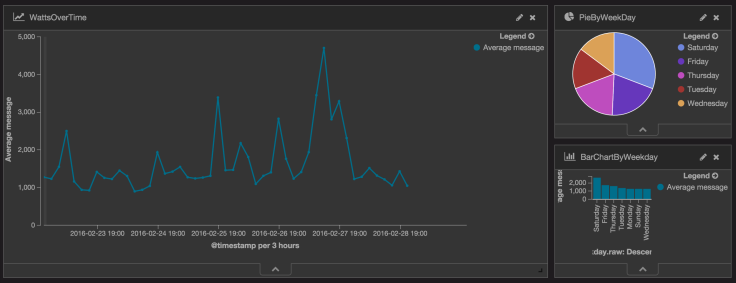It is pretty common place today to pick a discipline and embark on the path to 10,000 hours and expertise. But, do we really give thought to the tradeoff we make when we solely focus on depth over breadth through specialization? Is there something we lose by choosing to learn more about less?
The Industrial Revolution
With society transitioning from largely agrarian to manufacturing, specialization was one of its persistent legacies. You can look further down in time to Henry Ford’s factory line. One worker dedicated to one task on the assembly line. Specialization lends itself to developing expertise in one area. This works well for management because increased specialization is great for efficiency. However both innovation and creativity are inherently inefficient. So, let us take a closer look.
“I contend that creativity is about collecting and connecting dots … dots being ideas, disciplines, ways of looking at problems, and experiences.” – Stephen M. Shapiro
Innovation and creativity have a lot to do with making connections between things that seem unrelated. Specialization by itself however is not likely to expose you to more unrelated things. Nurturing creativity requires exploring the edges, which is interestingly what Henry Ford was doing when his visit to a meat packaging plant inspired the assembly line approach to production. This was collecting and connecting more dots on display.
Leonardo DaVinci was an artist, painter, sculptor, engineer and scientist. Benjamin Franklin was a politician, author, printer, postmaster, scientist and inventor. The renaissance and enlightenment periods had a strong legacy of creative thinking and innovation. And, one thread streaming across both time periods shows people who explored and excelled in different domains. Not everyone was a DaVinci or Franklin , but if you study those time periods you will observe that these men were not exceptions to living broadly.
This is not a promotion to be a Jack of all trades and master of none. Knowing a lot about a little as well as a little about a lot is a worthy goal. The reality though is that we are often not challenged to broaden our view and areas of competence. Instead there is a huge incentive to be a specialist because it is more efficient for the organization.
There is merit to specialization in the flavor of what IDEO promotes as the ‘T’ Shaped individual – having depth in one discipline and breadth across many others. Additionally, it is hard to innovate in a field without depth in that domain.
Can I prove to you that you have to be a polymath to be a genius or make a lasting difference? Absolutely not. It does seem obvious that you have a better chance of connecting more dots, the more dots you have at your disposal. So, take on the challenge to build competence (not expertise) in a different domain. Think broadly, read broadly and live broadly. Be a collector of new experiences. Try something new today.











Recent Comments